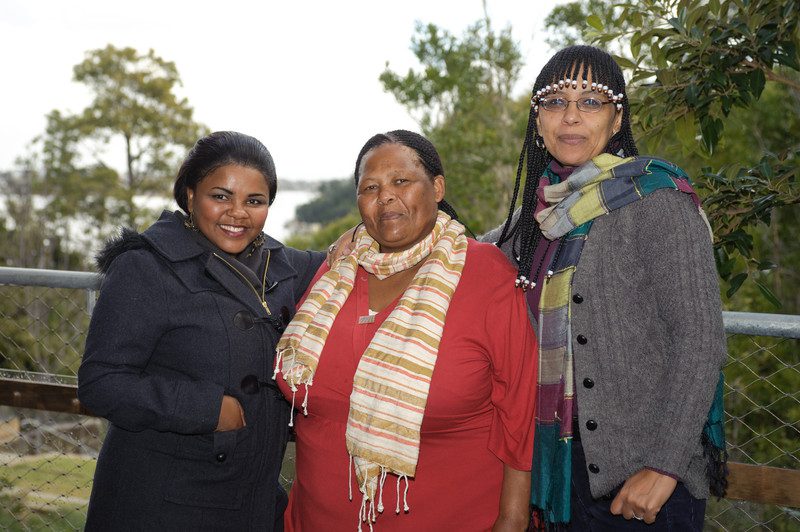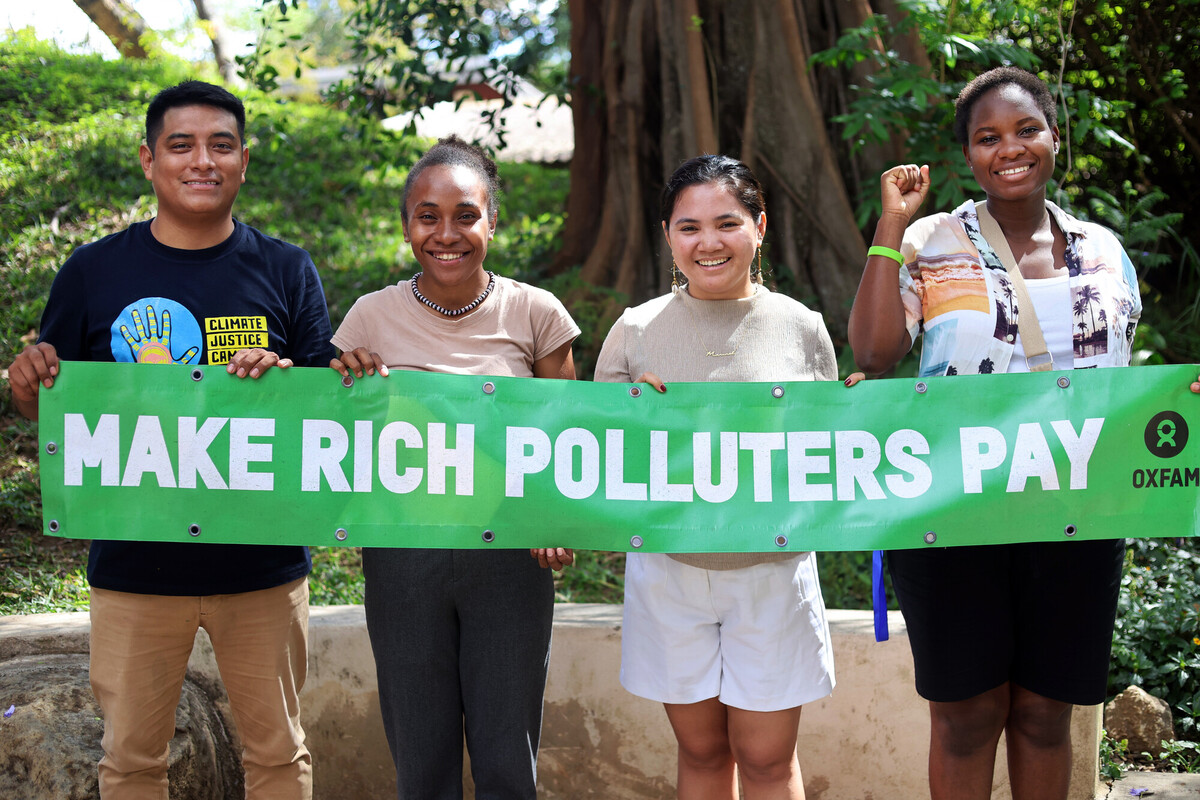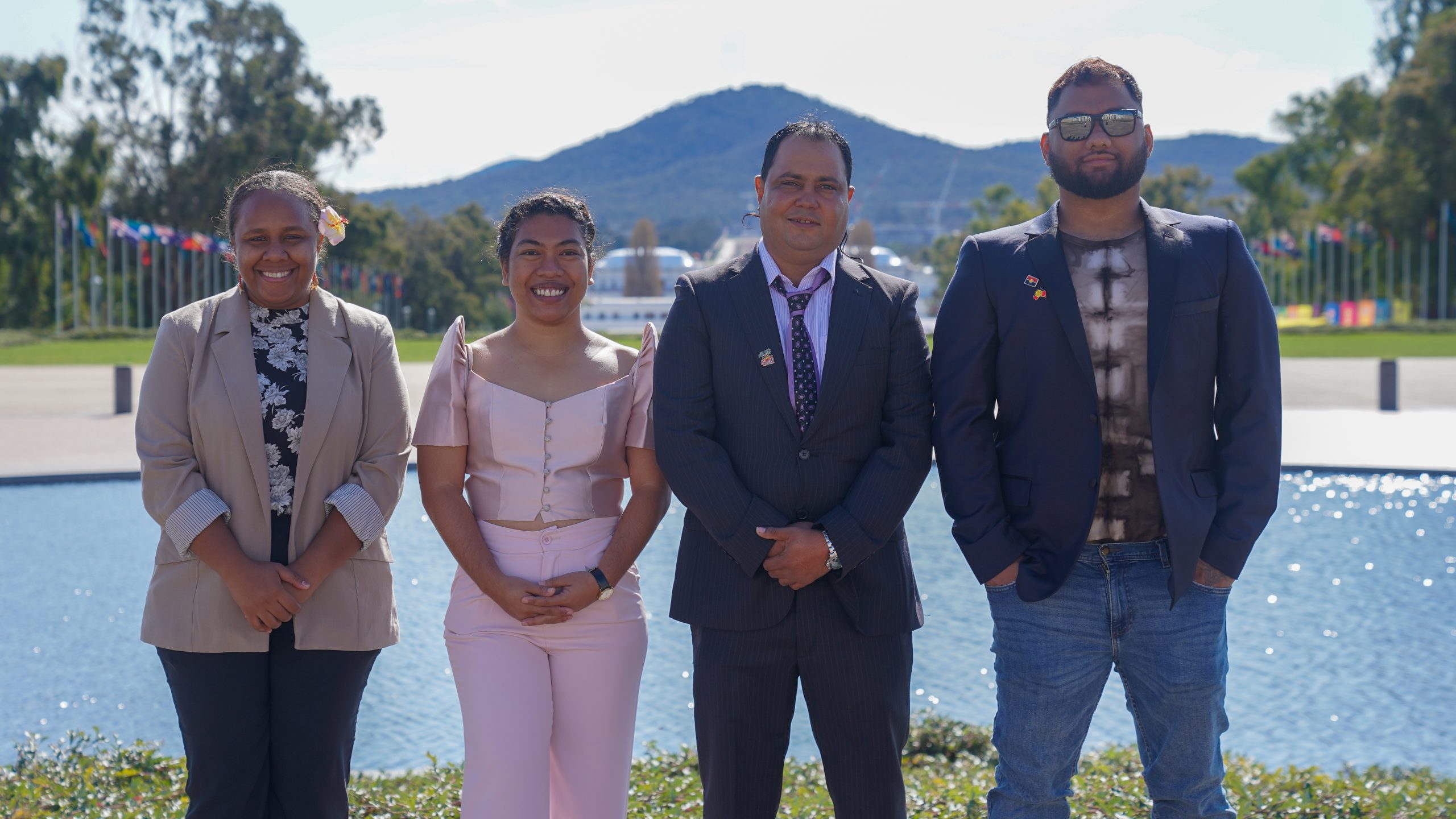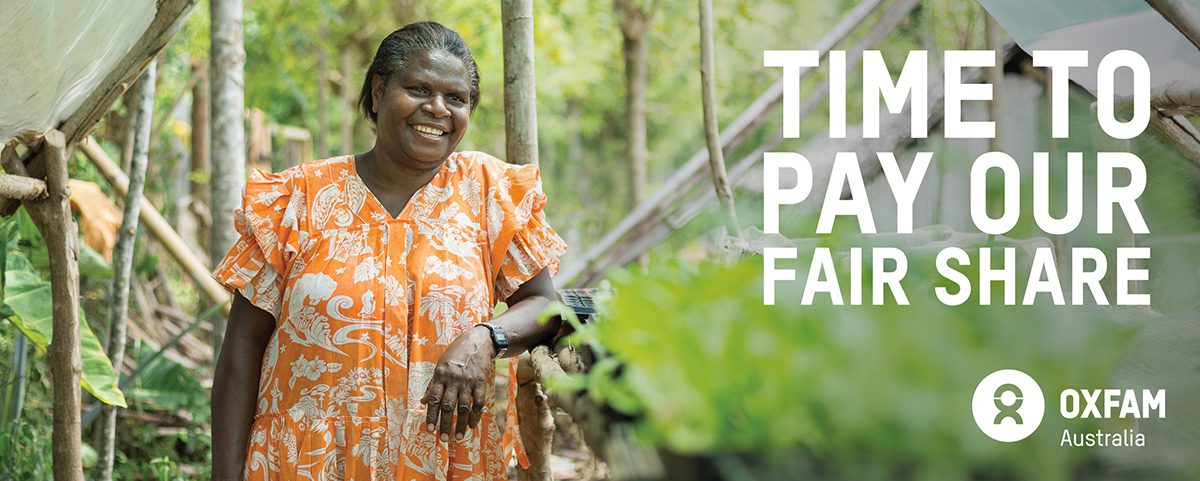By Oxfam Australia intern, Jarrod Strauch
Sixty percent of the world’s hungry are women. Eighty percent of the world’s hungry are directly involved in food production. The developing world loses nearly a third of its produce through inadequate storage and transportation.
As numbers, these are shocking enough – but what do they mean in practice?
It means that there are serious issues with food production and transportation in the developing world. It doesn’t matter if you’re able to grow nine crates of green beans if you can only store six of them. Excess food is wasted: no selling, because markets are too far away to reach without the food spoiling; no saving, because there’s nowhere to refrigerate food to eat later.
This is just one of the systemic problems in agricultural economies in the developing world. South Africa, for example, is a net exporter of food: it sells 30% more agricultural goods abroad than it imports. Big landholders can afford storage, transportation, and refrigeration; small-scale farmers are left to manage as best they can.
Some of this is vestigial from political apartheid. When black South African farmers were dispossessed of their land, white farmers weren’t just gifted the results: they received credit, government support and access to modern tools.
Now that land reform is being re-enacted – slowly, but it’s happening – black South Africans who lived through years of institutionalised oppression can buy whatever farmland that farmers are willing to get rid of. They struggle to get off the ground through lack of equal government support or access to credit. The sons and daughters of black farm labourers are still labourers.
Women face institutionalised disadvantages, too. They often have even less access to credit, tools and land. They are frequently unaware of their rights as workers, leading to abuse by landholders looking to exploit cheap labour. They have much to offer, even through acts as simple as growing vegetables for their families – but by being part of a society which doesn’t tap into their value, that potential is being wasted.
By providing women with equal access to farming resources, the number of hungry people in the world could drop by up to 150 million – nearly 10% of the one billion that go to bed hungry every night. Women on Farms Project (WFP), an Oxfam partner in South Africa, is working to change the system so South African women can make a bigger contribution to alleviating world hunger.
Through government-level advocacy and lobbying, as well as grass-roots education and aid programs, WFP works on all levels to improve the lives of South African small-scale women farmers. They educate women on their rights as workers and support them in growing specialist crops which fetch higher prices at markets.
Join Oxfam on Thursday 14 June for the GROW Africa Night. Hear the stories from two exceptional women from the ‘Women on Farms Project’, South Africa. Listen to live music from African a capella group ‘Tendera’ and enjoy some fair trade tea, coffee and nibbles.
The GROW Africa night will be held on Thursday 14 June from 6:30pm at Kulcha Arts, 13 South Terrace, Fremantle.



